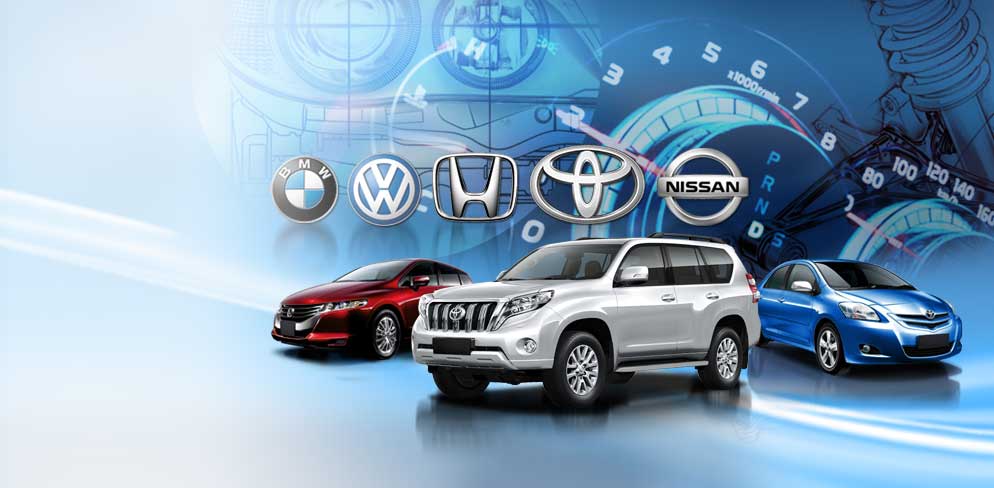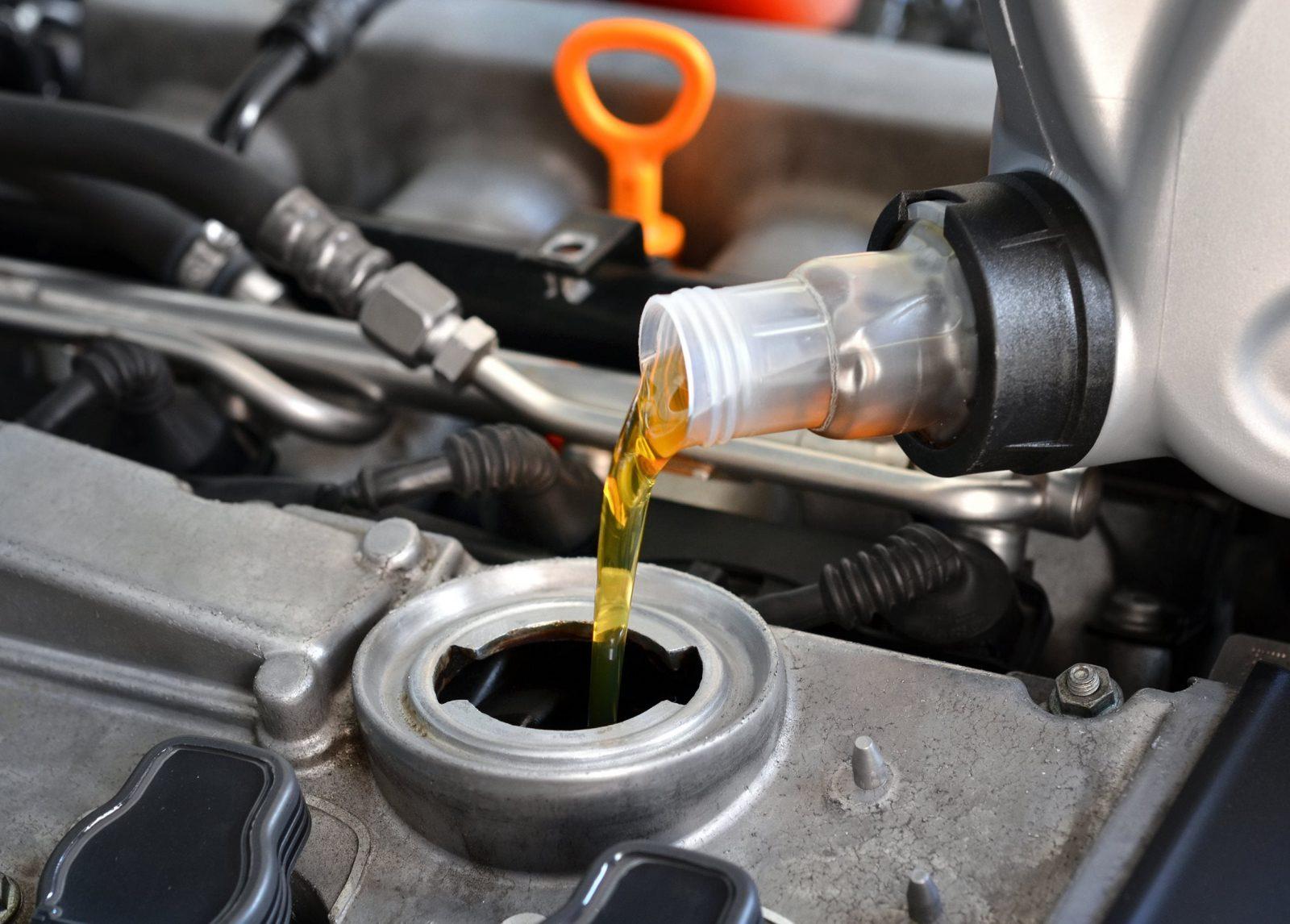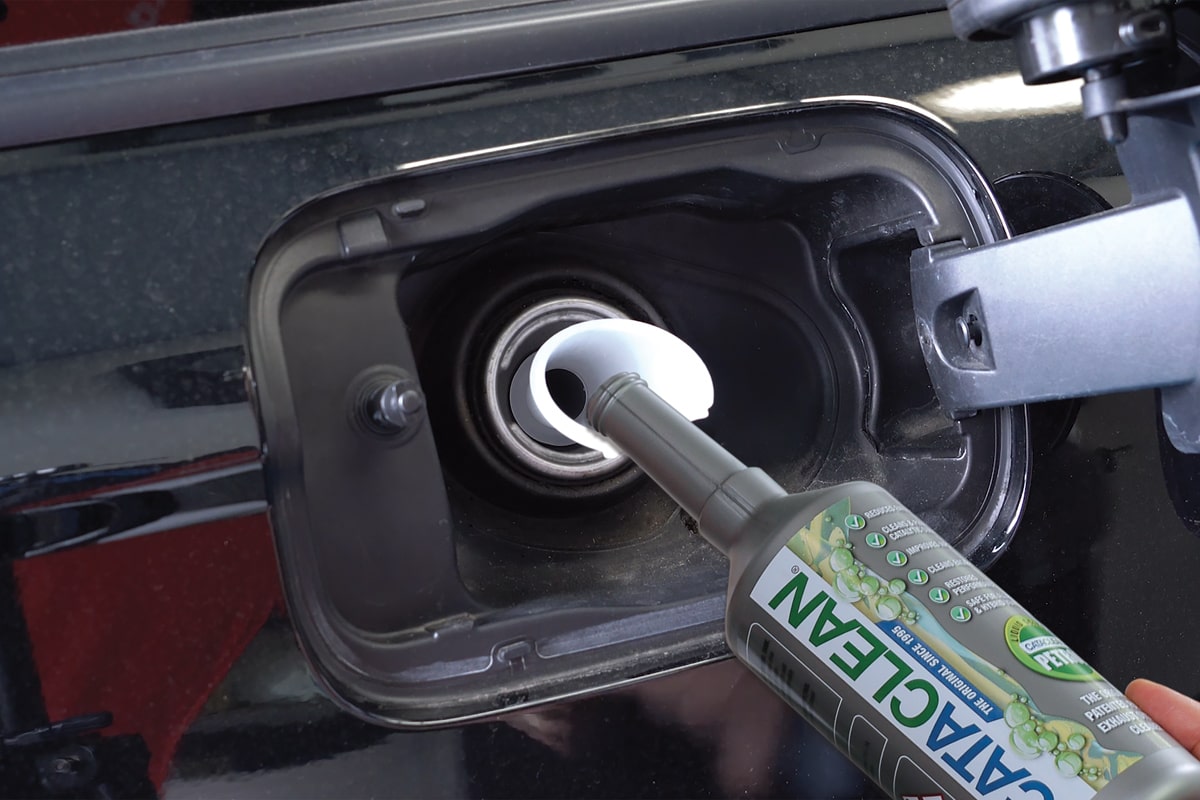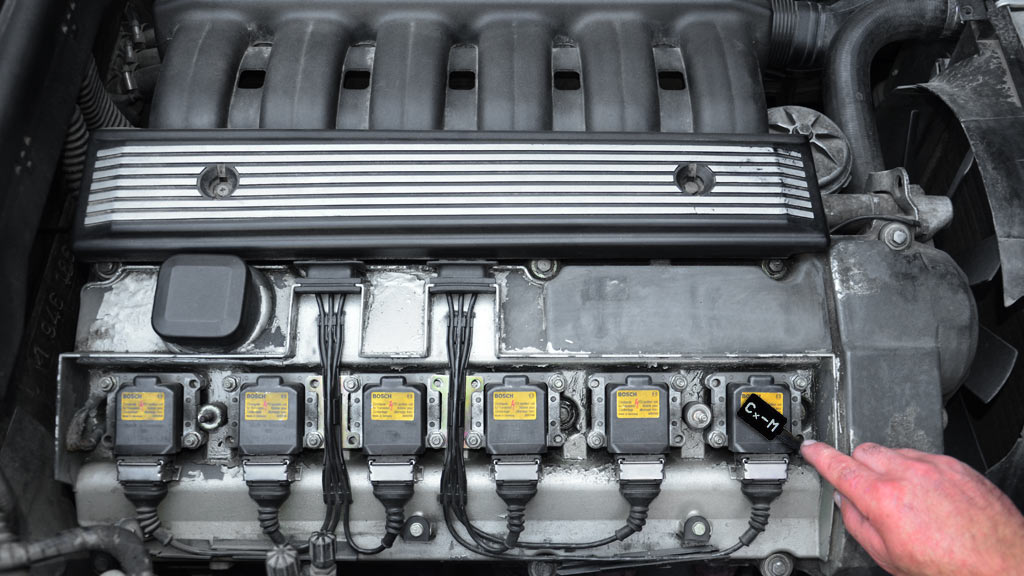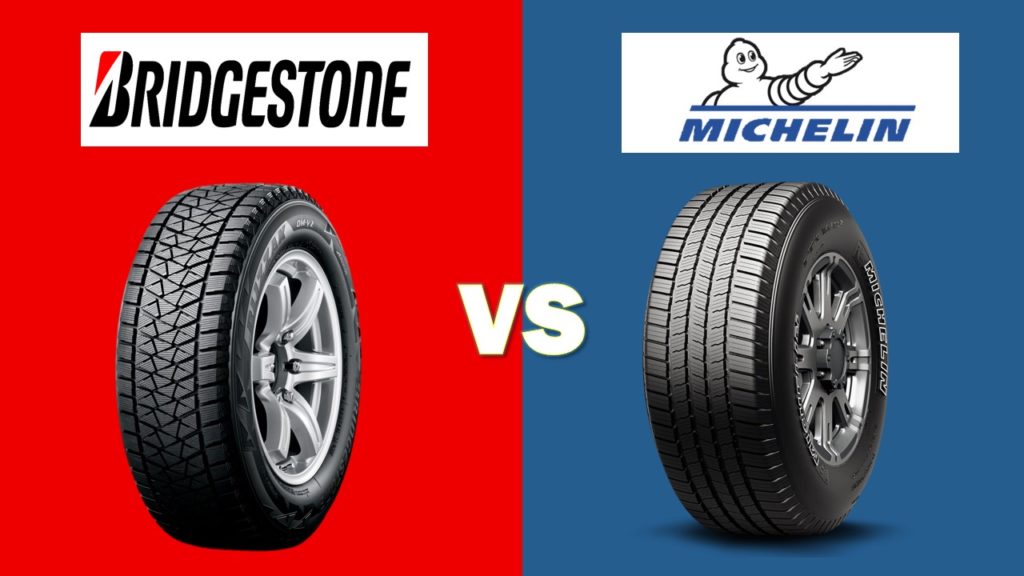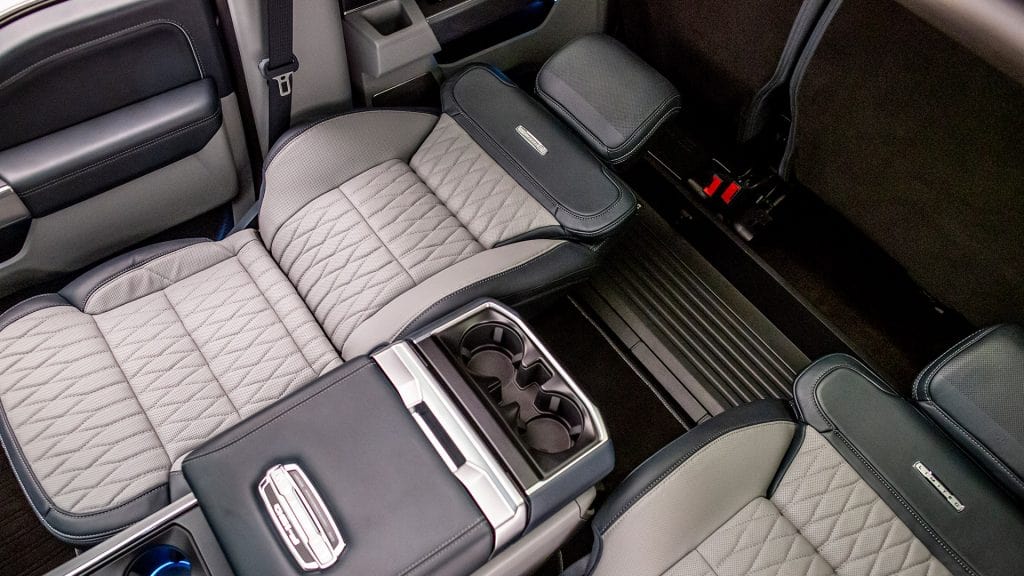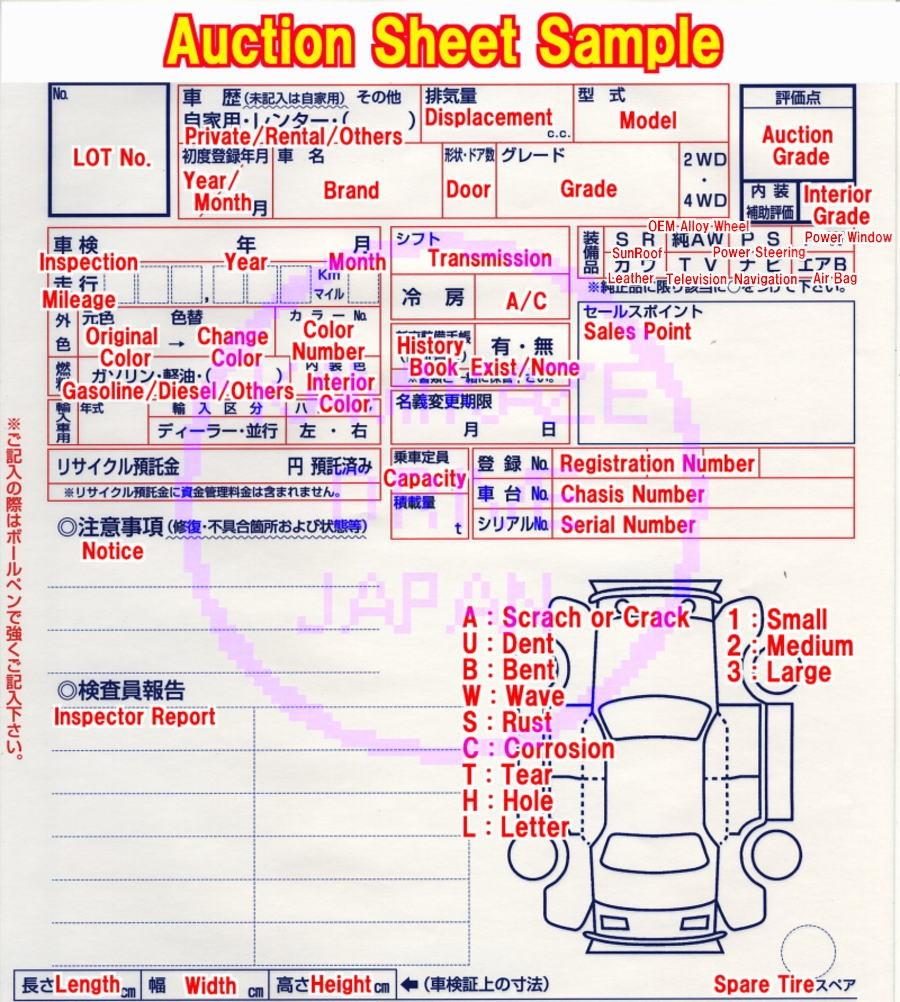Who Makes Super Tech Oil?
The classic blue jugs of Supertech oil on Walmart’s shelves are a lifesaver for hundreds of teenagers across the country.
Purchased by the gallon, this oil keeps high-mileage, oil-hungry engines going, and at a fraction of the price of the competition.
Adequate lubrication is the key to keeping your car running. A car that is low on oil will permanently seize in a matter of minutes. So having oil in the engine is essential.
But, it is wise also to use the correct weight of oil. Some engines, such as those with variable valve timing, are particularly sensitive to the weight of oil that is used. Using the wrong oil weight can lead to expensive repairs, such as the need to replace a timing chain.
Supertech is one of the cheapest options on the market and is one of the undisputed champions at keeping the working man’s car on the road.
Who Makes SuperTech Oil
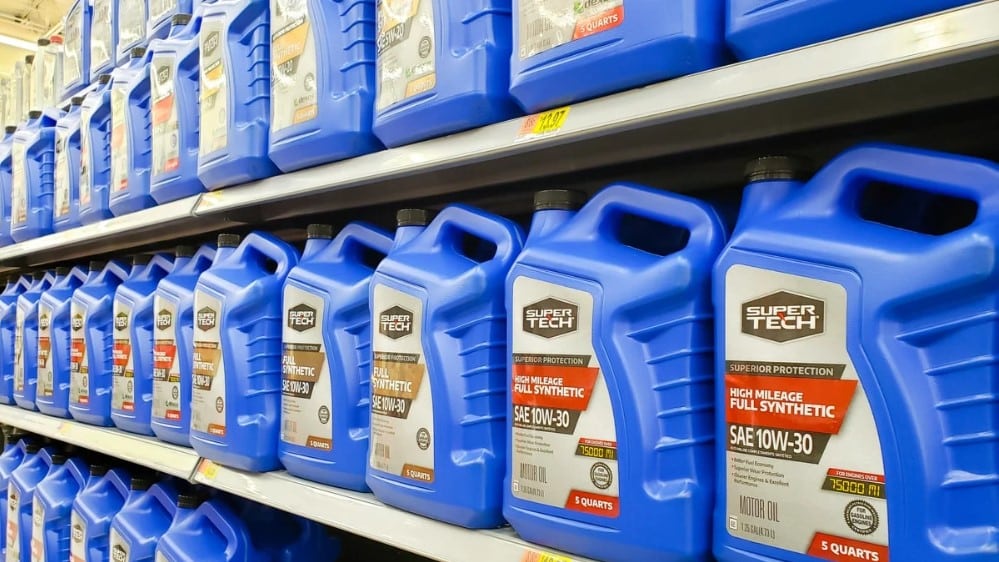
The supplier of Supertech oil has changed throughout the years. Currently, Supertech oil is made by the Warren oil company. Warren Distribution specializes in private formulations such as the GUMOUT line of aerosols.
Unilube, a company that Warren Distribution acquired sometime around 2004, was also the manufacturer of oils for brands like Advanced Auto Parts and O’Reilly’s. At one point, back in the early 2000s, Supertech was made by Exxon/Mobile.
When Exxon made it, there was little chance that Super Tech had the same formulation as their top-of-the-line products. Walmart is well-known for negotiating a more affordable version, and Exxon had likely created a uniquely inexpensive version for the Supertech brand.
While there is no attribution to the Warren brand on the label of the oil, a WPP for “Warren Performance Products” is stamped in the plastic on the bottom.
There is the chance that WPP is only the manufacturer of the bottles and that the oil manufacturer may change from time to time without being announced.
How Good Is Super Tech Oil?
Although Super Tech is one of the cheapest oils on the market, it does pass all of the necessary ratings and certifications, including Dexos 1.
Most oils sold in the USA will pass the API standards. For a long time, the API was the gold standard in the United States. The oils are designed to work for their specific use type. Diesel engines use a different type of oil than gasoline engines. As ToolTally points out, Air compressor oils need a different oil type than those used for gasoline and diesel engines.
However, in 2011, GM released its own, more stringent oil standards. GM vehicles rely on accurate, uninterrupted oil pressure to not only protect the engine but also to control the Variable Valve Timing and Active Fuel Management systems.
Additionally, GM cars tend to use pre-ignition to get as much power out of the entire piston stroke. This requires the oil to hold up well under high heat and low-speed settings.
This more stringent GM rating is called “Dexos,” and the Super Tech synthetic oil meets this higher standard with a Dexos 1 rating.
No standard oil can meet this higher standard, and it is a required oil in all GM vehicles that are from 2011 to the present.
The Dexos standard is so stringent that Valvoline — one of the most revered oil brands — balked at recreating their formula to match the new standard.
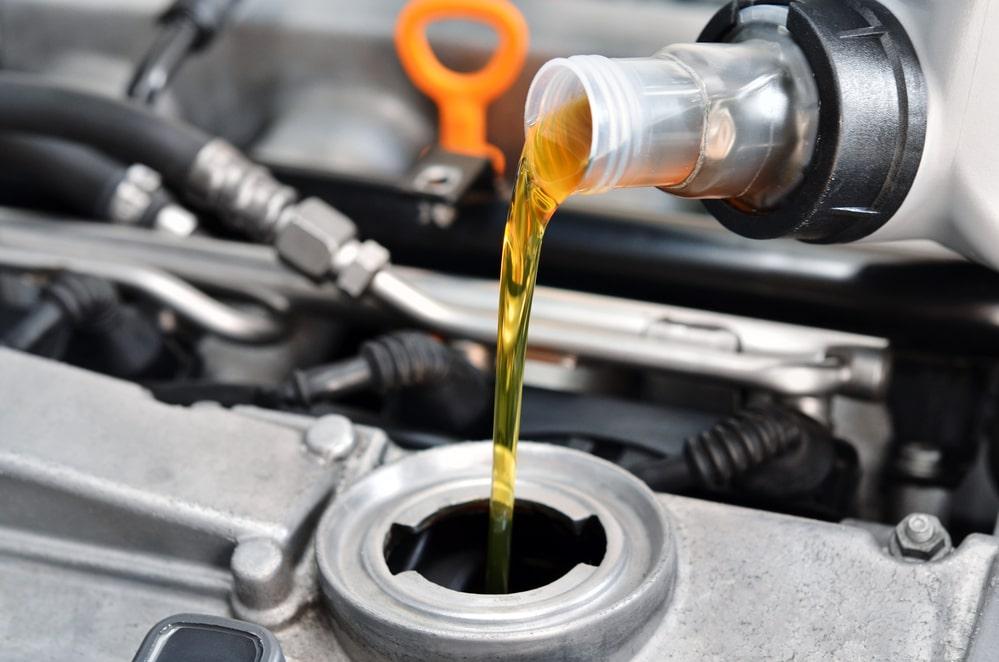
Fresh Oil Is The Best Oil
The single determining factor between a car that has engine failure at 70,000 miles and one that fails at 250,000 miles is the frequency of the oil changes.
These new motors with the computer sensors will all too often suggest an oil change every 10,000 miles. The computer system on a Honda suggests an oil change at least every 7,500 miles, and their cars are some of the longest-lasting on the road.
The old rule of thumb was to change the oil every 3,000 miles. That might be a little too soon for the modern engines and formulations. However, for most city driving your car is going to last longer if you are changing the oil closer to that 6,000-mile mark.
A lifter tick is one of the best ways to tell when you are getting close to an oil change. Start your car with the window open every time, so you can hear how it sounds on a cold start-up. With practice, you will learn how it sounds normal, and what it sounds like when it is due for an oil change.
Knowing your engine can give you the ability to catch problems before it gets too late.
Synthetic oil can be quite expensive, and choosing an oil like Super Tech will let you change it more frequently, possibly extending your engine’s lifespan longer than a more expensive oil that is changed at the maximum recommendation.
Super Tech Vs. The Competition
How does Super Tech compare to Valvoline, Penzoil, and Mobile 1? So many of these oils have worked hard to establish market share. From sponsoring NASCAR to even having their oil brand printed on the oil cap of GM vehicles (such as was the case for Mobile 1), these other brands have developed a loyal following.
The downside is that we don’t honestly know the formulations of the oils. Aside from governing bodies and labs that measure things like the Dexos rating, there isn’t much empirical evidence on which to make your decision.
Most of us choose a brand of oil, based on what worked well for our dads, or what worked well on our last car.
There might be less difference between the brands than we think.
Watch more:
All Oil Is Created Equally?
All oil is created in a few major refineries across America. One refinery might bottle for multiple brands.
The other brands spend a lot of their money trying to advertise the benefits of their oil and in using detergents that will allow them to have an “edge” in their market positioning.
Super Tech doesn’t have to spend money working on it from this angle. They produce oil that matches the standard and compete on the fact that they are one of the lowest-priced options.
The Super Tech oil is likely identical to other low-priced oils on the shelf. A shopper who doesn’t want to buy the cheapest oil might step up to the one with the next higher price, only to buy the same oil.
In America, brand recognition is worth a premium. Super Tech allows shoppers to get around paying a higher price for a brand name.







